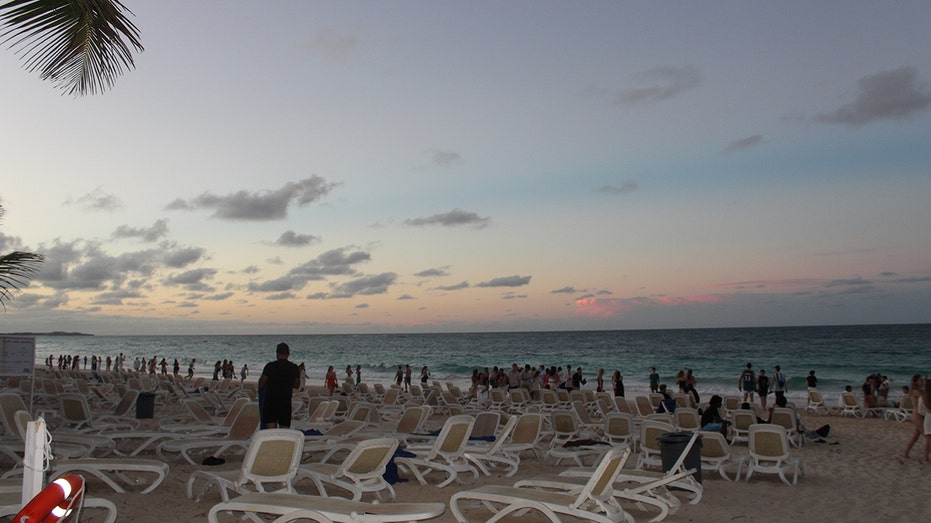- by foxnews
- 12 Mar 2025
The election motivated Australia’s release of refugees like me, not human rights obligations
The election motivated Australia’s release of refugees like me, not human rights obligations
- by theguardian
- 12 Apr 2022
- in news

The Australian government has been releasing refugees from its onshore detention over the past month, ending several years of detention for many, in a move shrouded in secrecy.
Undoubtedly, any decision that leads to the release of imprisoned asylum seekers is commendable, but there are things to consider about the government's actions that I hope will be taken into account.
Firstly, the human rights and legal aspects of this liberation should outweigh any political interests. The release of refugees on Australian soil in the run-up to the election reinforces the suspicion that the decision was not based on issues of human rights, but on the circumstances of this election.
Given Australia's legal system has a democratic background and the country is a signatory to the Geneva conventions, the government was expected to address the human rights of internally imprisoned refugees and those still detained on Nauru and Manus Island, and release the two groups together.
Refugees onshore and offshore have been detained for long periods, some for almost a decade. They have been deprived of their basic rights, such as the right to education, work, and mental and physical health, among many others.
In accordance with human rights law, it was expected that all those affected would be released, especially those deported to offshore processing centres.
It is not possible for me to know the intentions of the government's decision, but the release of refugees inside the country without paying attention to those imprisoned offshore, who are facing the most difficult conditions, suggests the decision is at least in part motivated by the election, rather than human rights.
Secondly, when words such as prisoner, detention and deportation are used, the audience may think these people are a group of dangerous criminals whose release endangers people or the social order.
This is not the case at all. These are children, teenagers and young people whose only difference from others is their migration to Australia by sea. They are peaceful human beings who want an opportunity to live.
They are neither criminals nor dangerous, and they don't deserve this amount of psychological pressure. People who came to Australia in the hope of better conditions cannot be easily freed from the hardships of 10 years in detention. Only those who have experienced exile on Nauru or Manus Island can understand the affects of that environment.
The government's intention in deporting asylum seekers to offshore facilities and depriving them of even a trial may be to set an example to other maritime asylum seekers. But even if we accept this illegal possibility, isn't 10 years in prison and harsh conditions enough of a lesson?
It is time for the government to end that inhumane policy, and remove the shadow of fear, terror and uncertainty from these imprisoned people.
I do not wish to go into great detail about the violation of asylum seekers's human rights and the length of their imprisonment, but I ask the Australian government: have we not had enough of this?
Isn't it time to close the chapter of offshore detention forever and give these people humane treatment, legal action and certainty after years of anxiety and psychological harassment?
How is it that some refugees and asylum seekers are deemed to have been imprisoned enough, while others who are more vulnerable and detained in the harshest conditions of the offshore regime remain prisoners?
If the government claims the source of asylum for refugees within Australia lies in human rights, law and economics, and has nothing to do with the forthcoming election, it must supplement this with another measure and release the poor people detained on Nauru and in Papua New Guinea.
The concept of humanity knows no borders, and the asylum seekers and refugees held offshore deserve to taste the same freedom as those who were recently released in Australia. I welcome the Australian government's decision to release refugees within Australia. This is a step forward, regardless of the motives, but only if our remaining friends detained offshore are included too.
- by foxnews
- descember 09, 2016
Daring airport trend has travelers arriving at gate 15 minutes before takeoff
Flight passengers are participating in the new viral trend, "airport theory," with flyers arriving at their gates 15 minutes before their flights depart. A travel expert weighs in.
read more


